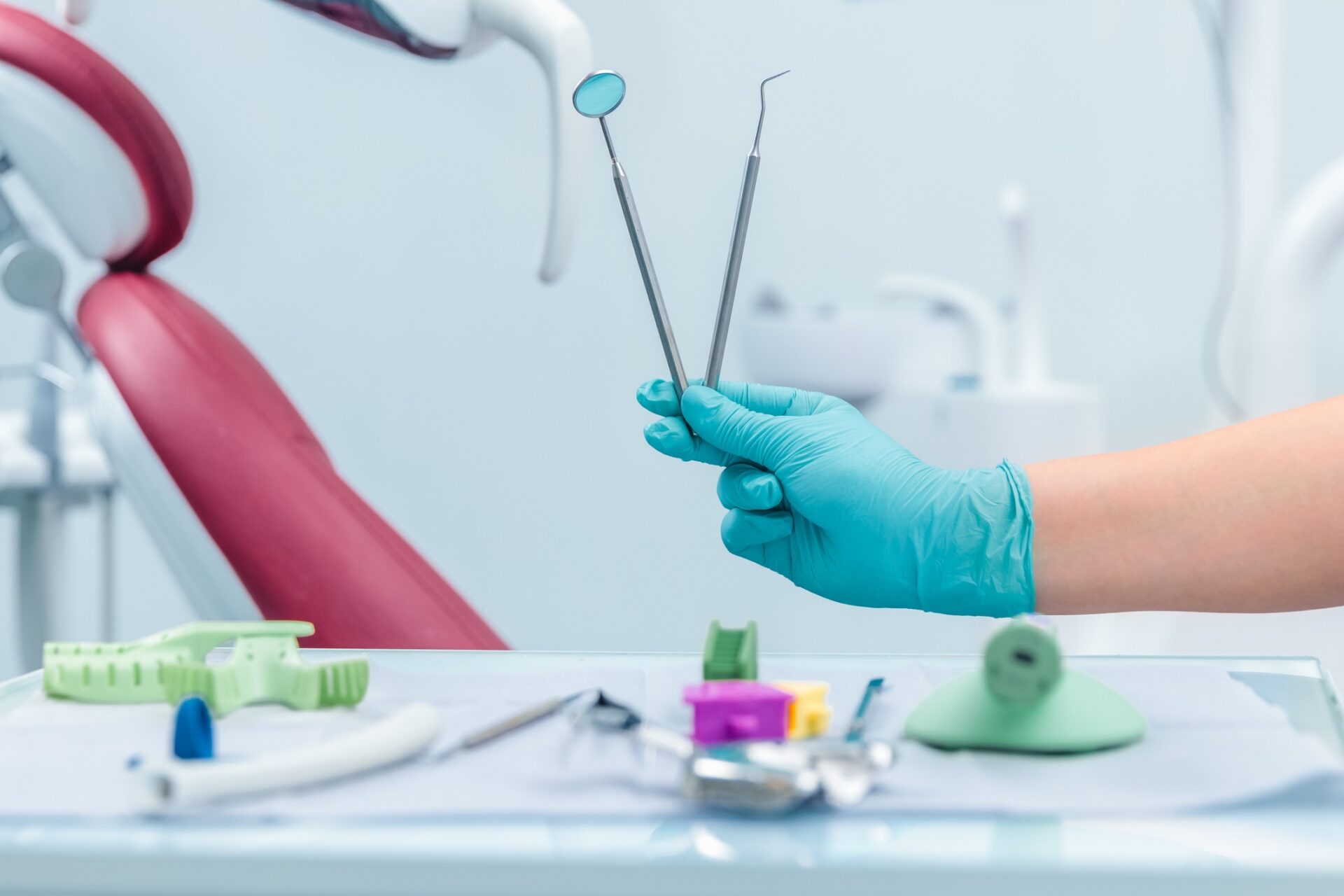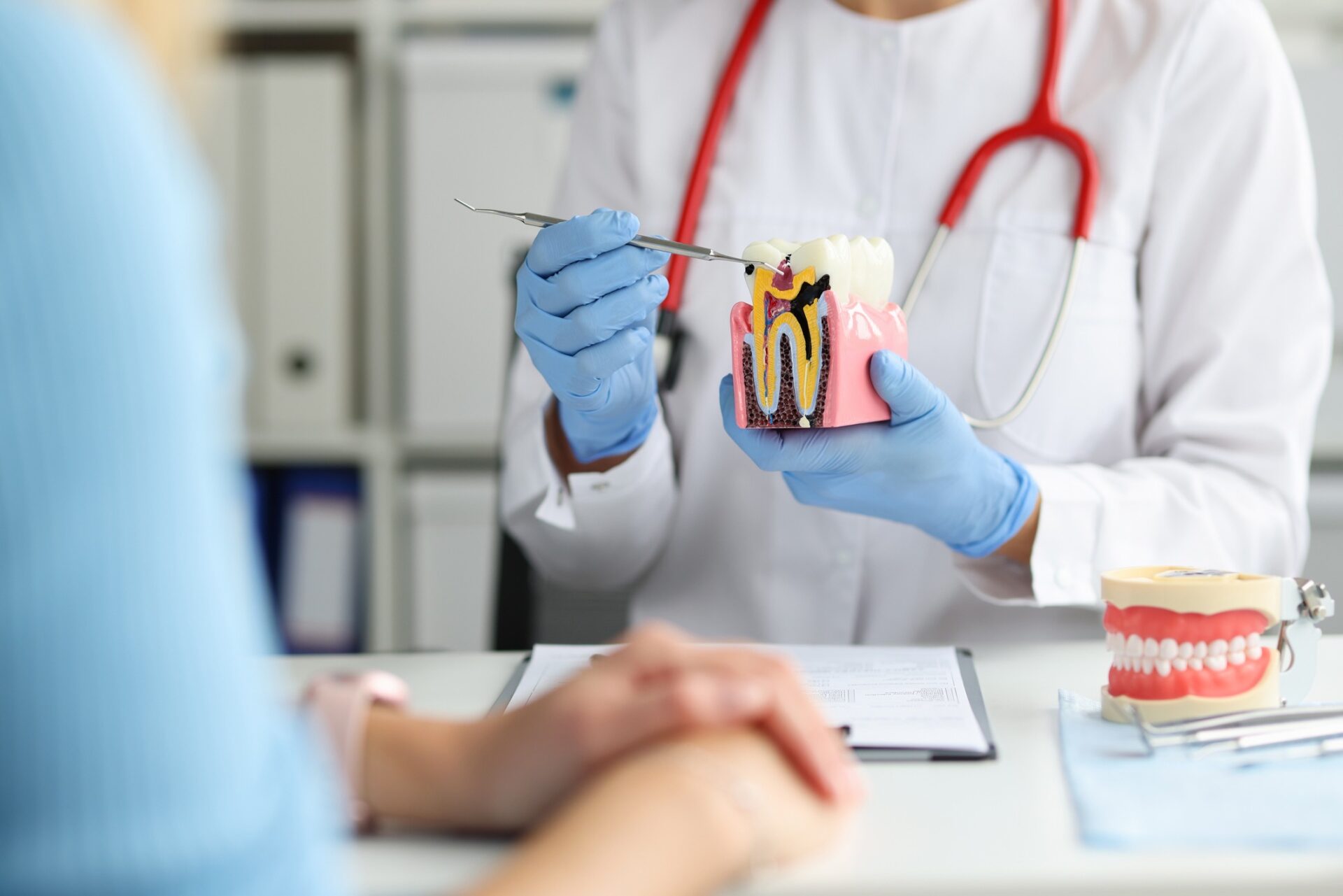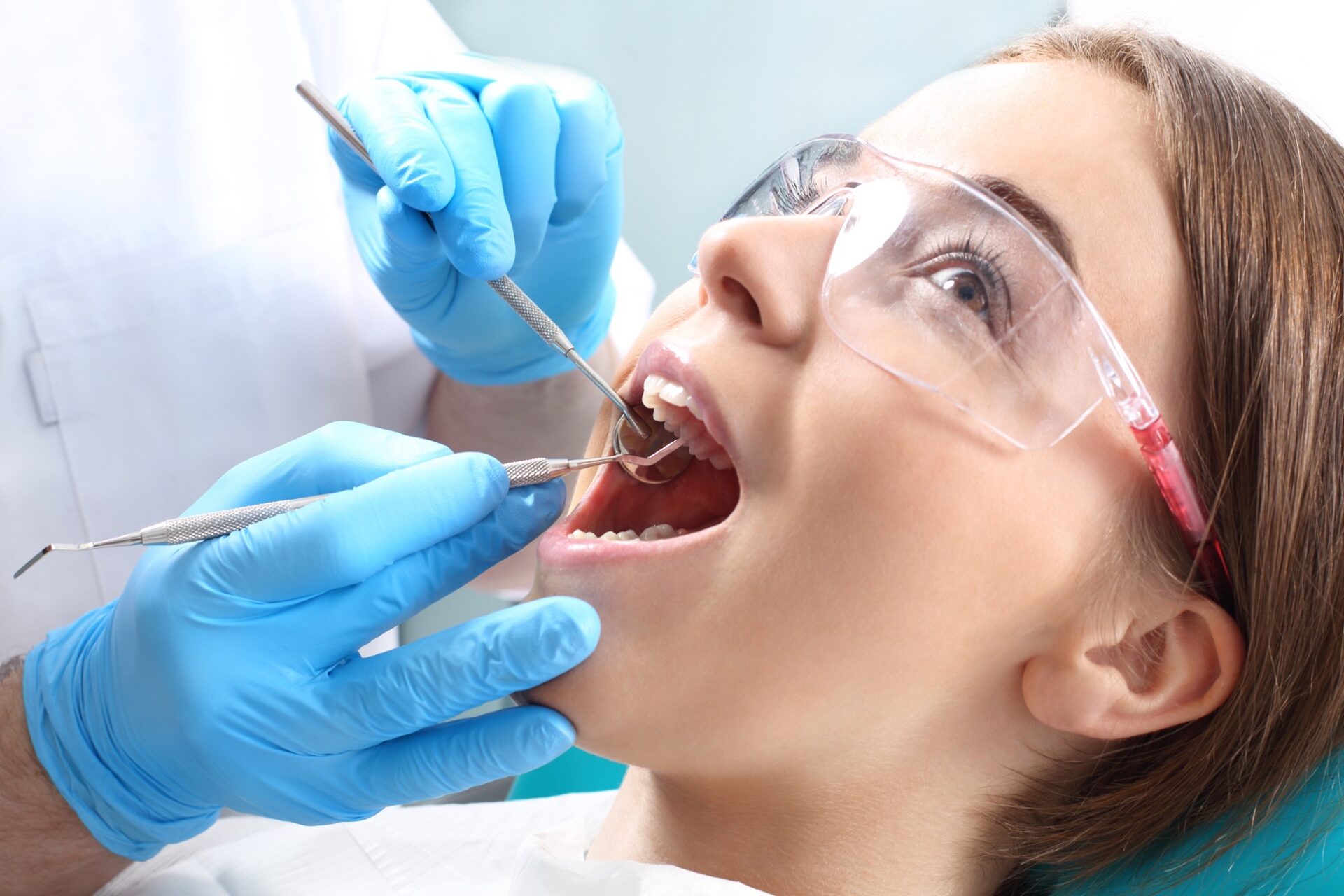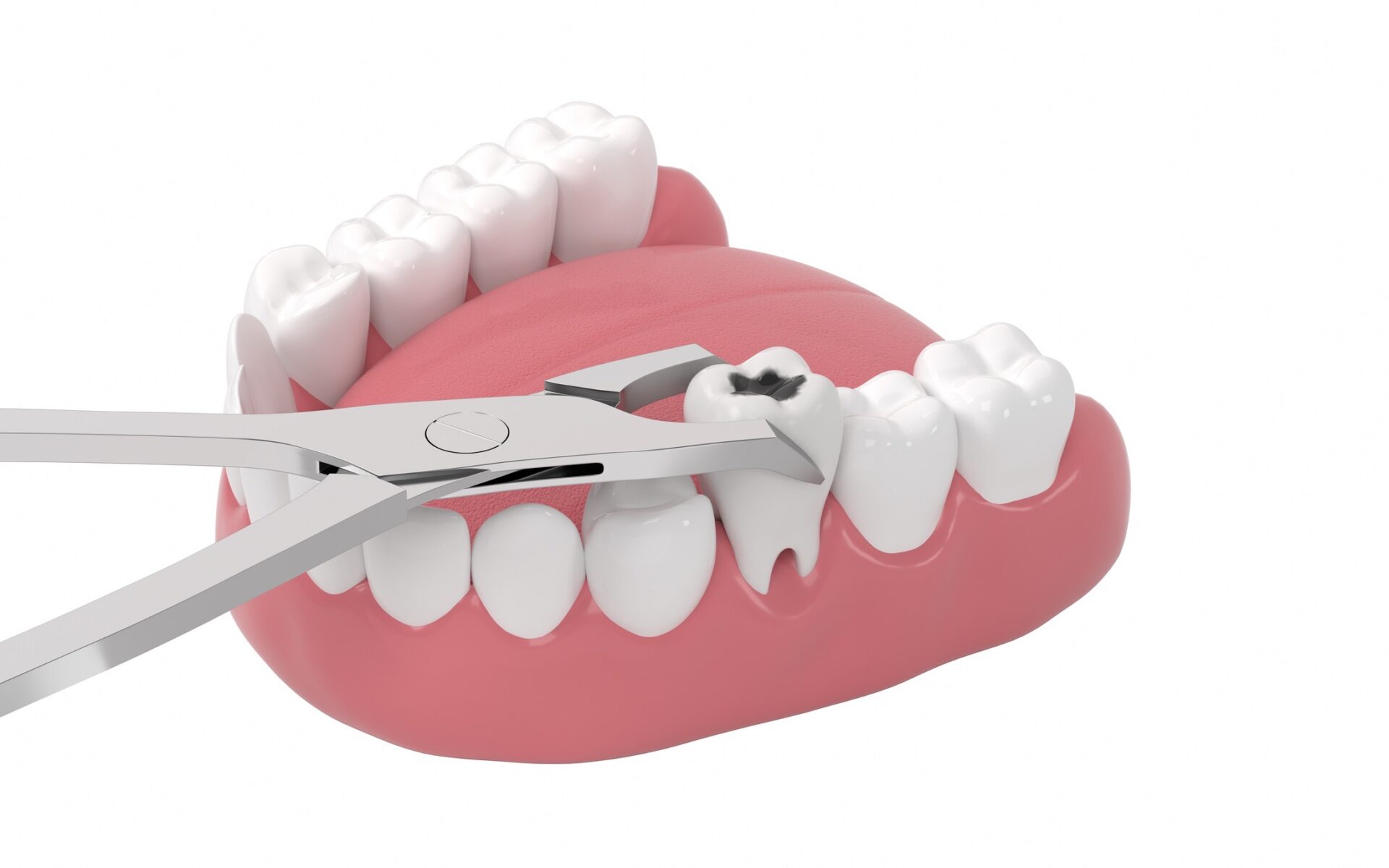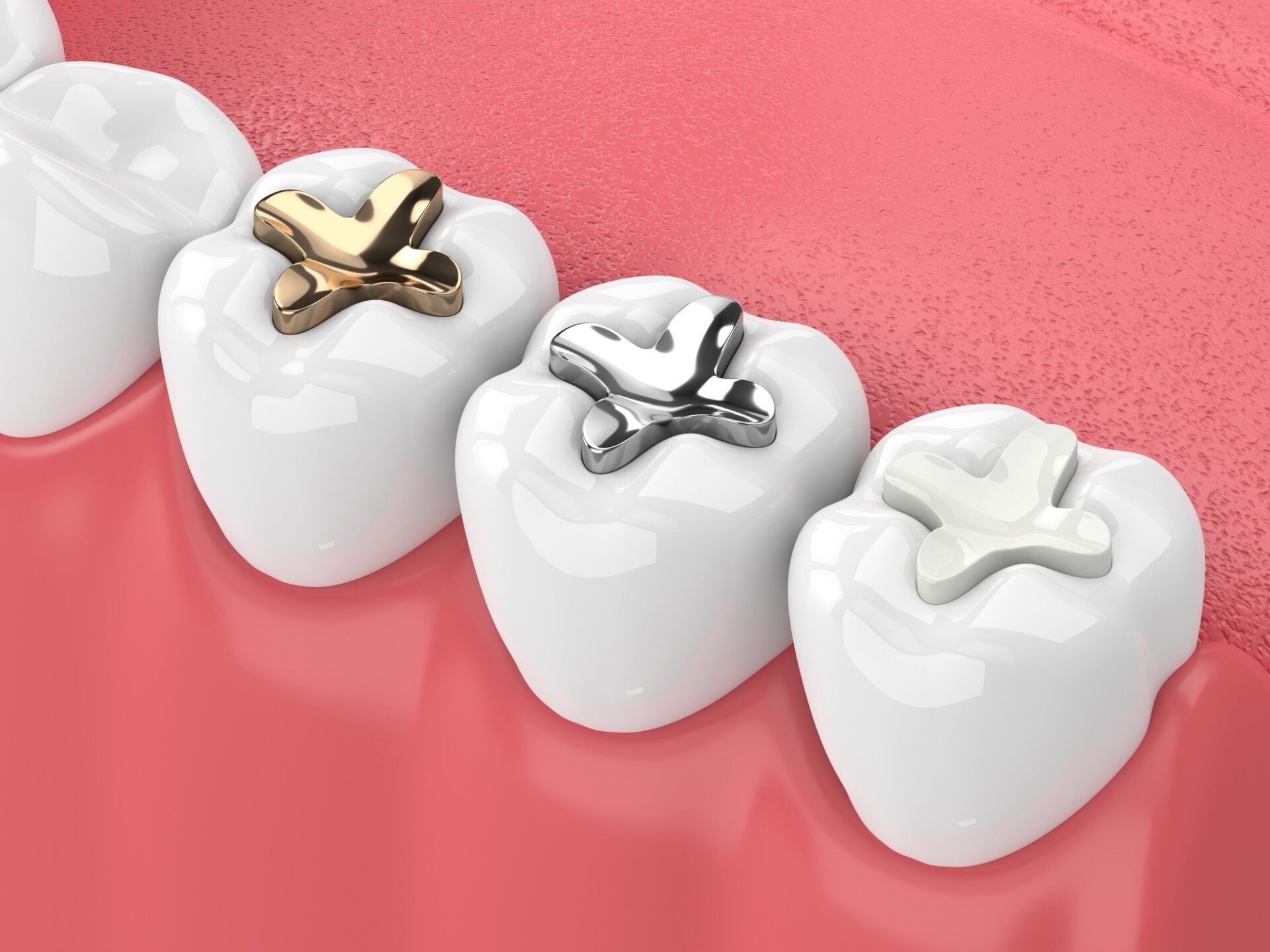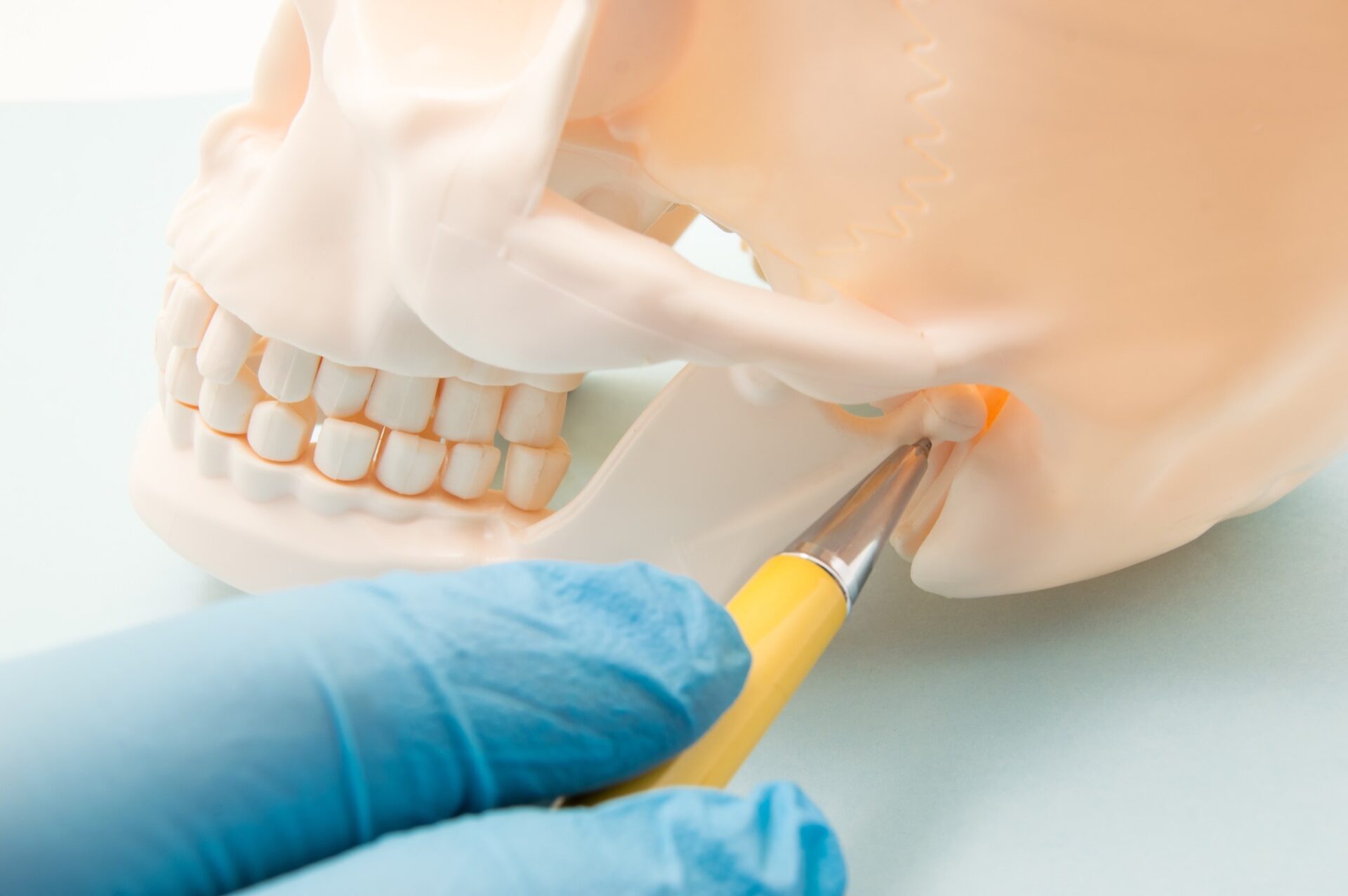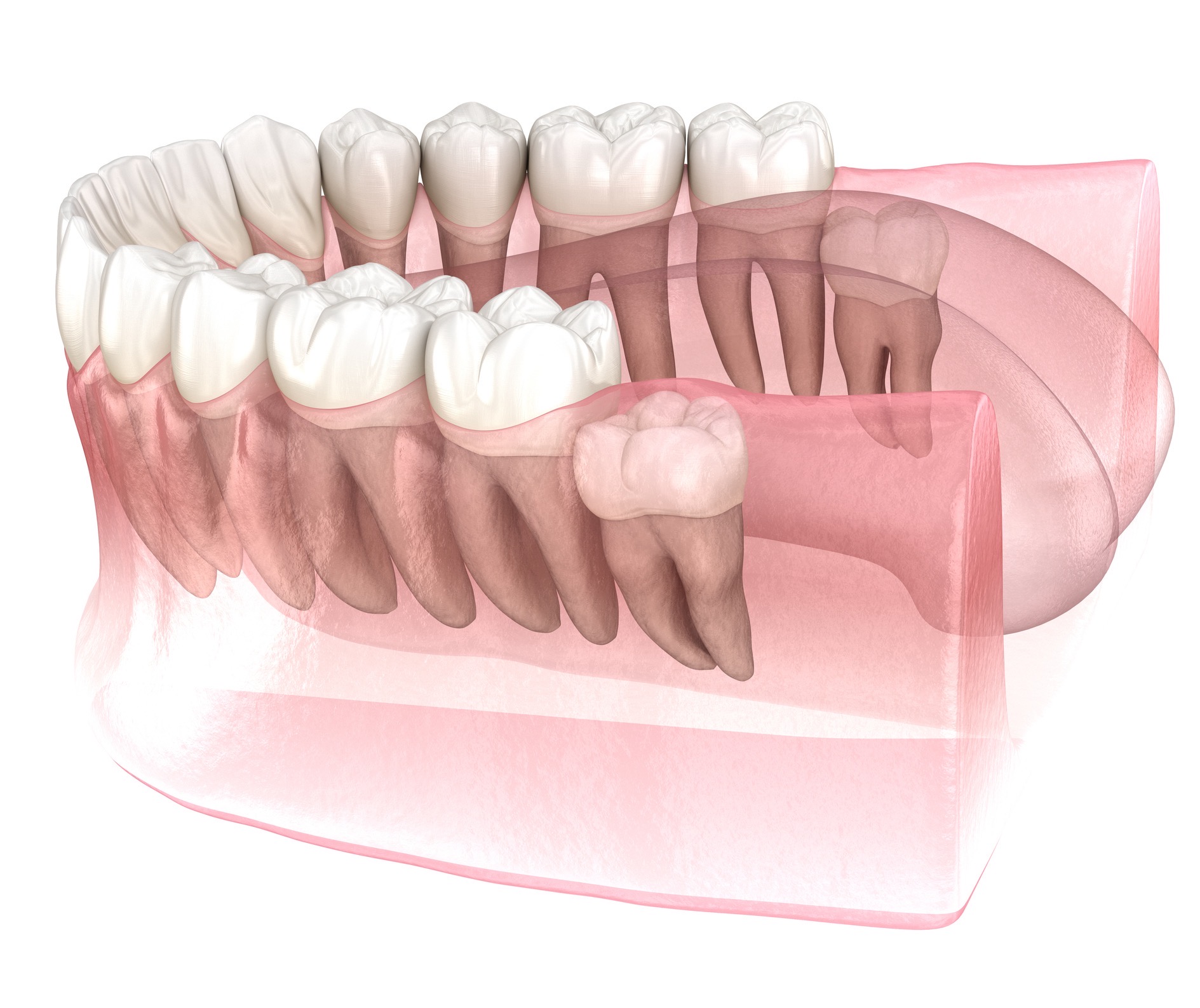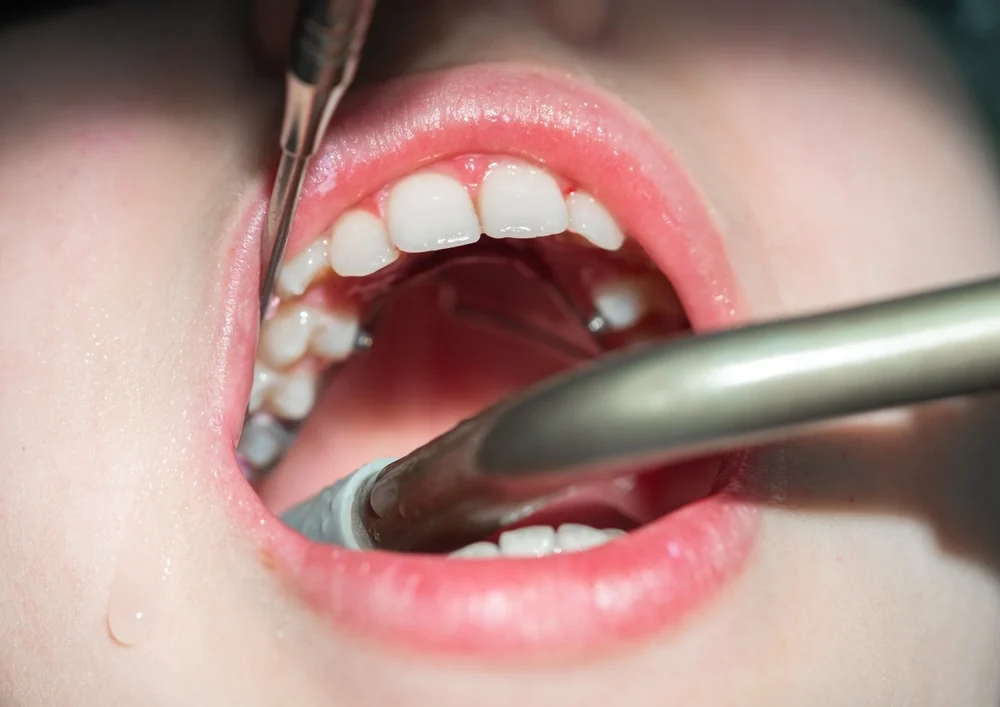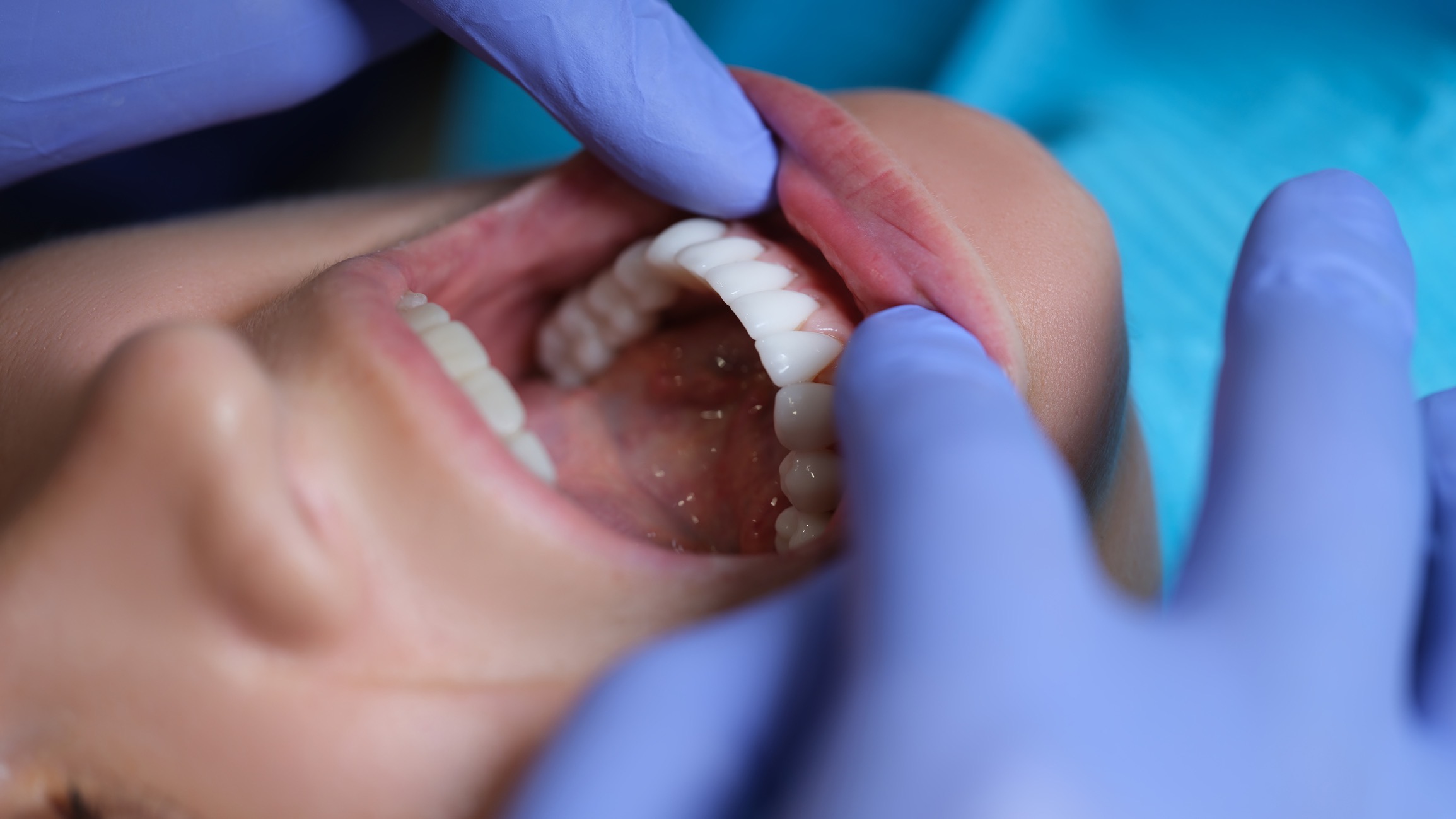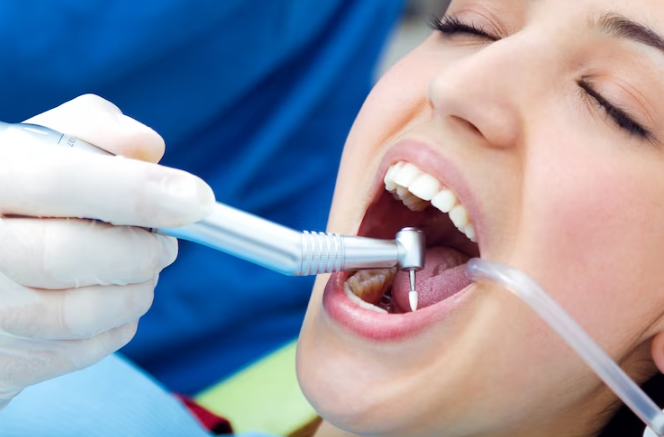General Dentist Pompano Beach FL | JB Dentistry
Jaline Boccuzzi, DMD, AAACD, Your Expert General Dentist in Pompano Beach FL
Comprehensive dental care by an experienced general dentist in Pompano Beach FL to maintain your oral health. Call today for top-quality dental care.
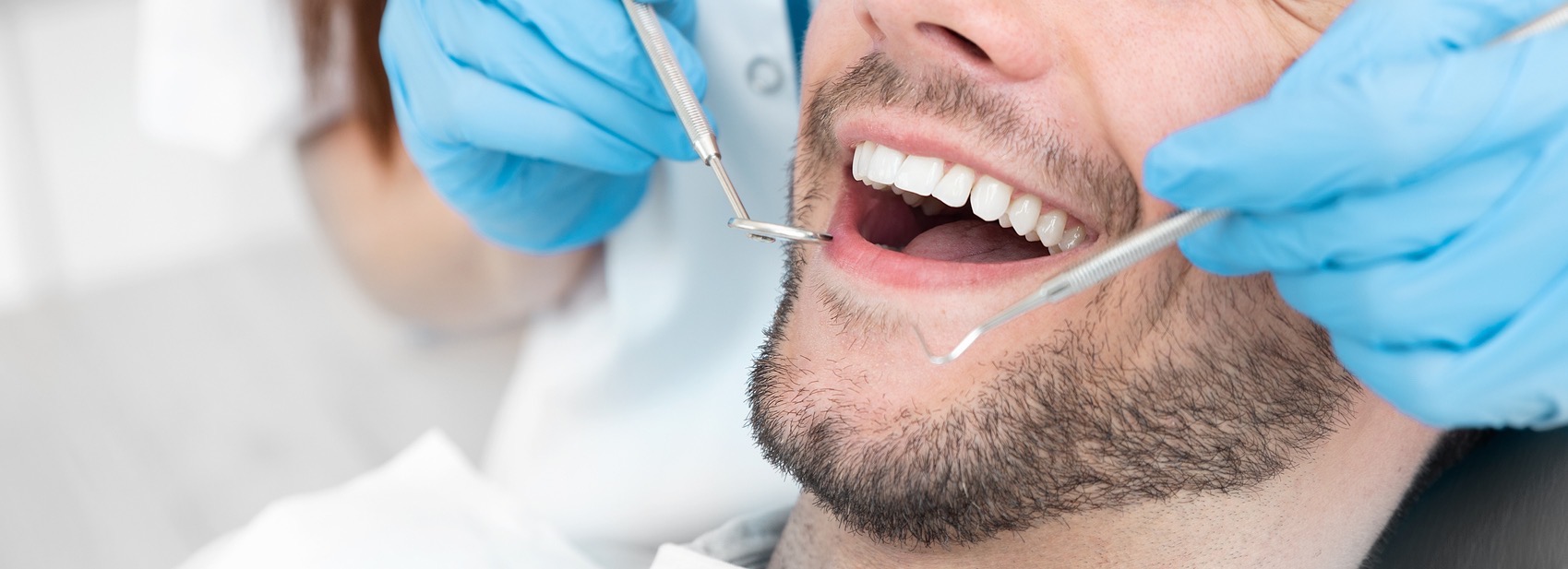
maintain your dental health
our pompano beach General Dentistry services
Precision diagnostics and personalized care to support a healthy smile at every stage of life.
Dental Exam
Prioritize your oral health with comprehensive dental exams in Pompano Beach FL with our dental office.

Periodontal Treatment
Regain gum health and protect your smile with comprehensive periodontal treatment in Pompano Beach FL. Our experienced team for gum disease and gingival issues.

Root Canals
Get Back to Comfort and Health with Expert Care for Root Canal Treatment

Teeth Cleaning
Teeth cleaning is an important part of maintaining a healthy oral hygiene routine. Regularly brushing and flossing help to remove plaque, bacteria, and food particles from the teeth that can cause decay if left unchecked.

Tooth Extraction
Gentle and expert tooth extractions. Our skilled dentist ensure a painless experience for the removal of problematic teeth.

Tooth Fillings
Whether you have cracked tooth syndrome or just a simple cavity, we can provide tooth fillings to strengthen your oral health.

TMJ/TMD
Discover effective TMJ treatment and relief. Address jaw pain and discomfort, providing customized solutions for a pain-free, healthy jaw.

Wisdom Teeth Removal
Experiencing discomfort from crowding? Our Pompano dentist office has been providing wisdom teeth removal for over two decades.

teeth cleaning
Regular teeth cleaning is an important part of maintaining your oral health. It helps to remove plaque and tartar buildup that can lead to tooth decay and gum disease. During a professional teeth cleaning, the dental hygienist will use special tools to gently remove deposits from teeth surfaces and along the gum line.
The hygienist may also use an ultrasonic cleaner to loosen and remove hardened plaque. The hygienist may also use fluoride treatments to help strengthen teeth and protect against decay. After the cleaning, your dentist will examine your teeth and gums for signs of disease or other issues that need to be addressed. Professional teeth cleanings are typically done every six months to prevent serious dental problems from developing. It’s also important to brush and floss your teeth regularly to further reduce the accumulation of plaque.
Brushing and flossing can help remove food particles and bacteria that accumulate between meals, but professional cleanings are necessary to remove hardened deposits that cannot be removed with a toothbrush. Professional teeth cleanings are also important for removing stains from foods like coffee, tea, or red wine. If you have not had a professional teeth cleaning in a while, it is important to make an appointment and discuss any concerns you may have with your dentist. Taking care of your teeth and gums can help keep your smile looking its best! Regular dental visits are also necessary for maintaining good oral health.
Taking care of your teeth is important to overall health and well-being. By following a few basic tips and visiting the dentist regularly, you can help ensure your teeth stay healthy and strong for years to come. Our team provides comprehensive teeth cleaning services.
periodontal treatment
Periodontal treatment, also known as gum disease treatment, is a set of procedures and interventions aimed at preventing, managing, and treating periodontal disease. Periodontal disease refers to an infection and inflammation of the structures surrounding and supporting the teeth, including the gums, periodontal ligament, and alveolar bone.
Periodontal treatment typically involves a combination of professional dental care and self-care practices. Our team of proficient dental experts will provide the best periodontal treatment near you.
- Scaling and Root Planing: This is a deep cleaning procedure performed by a dental professional. It involves removing plaque and tartar (hardened plaque) from the surfaces of the teeth and below the gumline. The root surfaces are also smoothed to promote gum reattachment and prevent further buildup of bacteria.
- Antibiotics: In some cases, antibiotics may be prescribed to control bacterial infection. They can be administered as oral medications or as topical gels applied directly to the gum pockets.
- Dental Maintenance: Regular dental cleanings and check-ups are crucial for managing periodontal disease. These visits allow the dentist or hygienist to monitor the condition of your gums, perform professional cleanings, and provide guidance on oral hygiene practices.
- Surgery: In more advanced cases of periodontal disease, surgical intervention may be necessary. Procedures such as gum grafts, flap surgery, bone grafts, or guided tissue regeneration can help restore and repair damaged gum and bone tissues.
- Ongoing Oral Hygiene: Maintaining good oral hygiene practices at home is vital for managing periodontal disease. This includes brushing your teeth at least twice a day, flossing daily, and using an antimicrobial mouthwash as recommended by your dentist.
Periodontal treatment aims to control infection, reduce inflammation, prevent further damage to the gums and supporting structures, and restore oral health. It is important to seek timely treatment for gum disease to prevent complications such as tooth loss and systemic health problems linked to periodontal disease. Regular dental visits and diligent oral hygiene are key to maintaining healthy gums and preventing the recurrence of gum disease.
wisdom teeth removal
Wisdom teeth removal is a common dental procedure that involves the extraction of the third molars, also known as wisdom teeth. These teeth typically emerge in the late teens or early twenties and can cause various dental issues due to their misalignment or lack of space in the mouth.
- Impacted Wisdom Teeth: When the wisdom teeth do not have enough space to fully emerge or develop properly, they may become impacted. Impacted wisdom teeth can cause pain, swelling, infection, and damage to surrounding teeth. In such cases, extraction is often recommended to alleviate symptoms and prevent complications.
- Crowding or Shifting of Teeth: Wisdom teeth can exert pressure on the adjacent teeth, causing crowding or shifting. This can disrupt the alignment of your teeth, leading to orthodontic issues. Removing the wisdom teeth can help preserve the alignment and prevent future dental problems.
- Tooth Decay or Gum Disease: Wisdom teeth are located at the back of the mouth, making them more difficult to clean properly. As a result, they are prone to tooth decay (cavities) and gum disease. If the wisdom teeth have extensive decay or are contributing to gum problems, removal may be necessary.
- Cysts or Tumors: In rare cases, wisdom teeth can develop cysts or tumors, which can cause damage to the jawbone, adjacent teeth, and nerves. These conditions often require the removal of the affected teeth.
- Recurrent Sinus Problems: Wisdom teeth located in the upper jaw can sometimes extend into the sinus cavity, causing sinus pain, pressure, and recurrent infections. In such cases, extraction may be recommended to alleviate sinus-related issues.
It’s important to note that not all wisdom teeth need to be removed. Some individuals have sufficient space in their mouths, and their wisdom teeth emerge and function without causing problems. Regular dental check-ups and X-rays with our team can help determine if extraction is necessary in your specific case.
tooth extraction
Tooth extraction is a dental procedure in which a tooth is removed from its socket in the jawbone. It is typically performed by dentists or oral surgeons and may be necessary for various reasons, including:
- Severe Tooth Decay: When a tooth is extensively decayed or damaged and cannot be restored through other dental treatments like fillings or root canals, extraction may be necessary to prevent further infection and pain.
- Impacted Teeth: Impacted teeth are teeth that are unable to fully emerge through the gums due to lack of space or improper alignment. Wisdom teeth are commonly impacted, but other teeth can be impacted as well. Impacted teeth can cause pain, infection, and damage to adjacent teeth, making extraction necessary.
- Gum Disease: Advanced gum disease, also known as periodontal disease, can cause the supporting tissues and bone around a tooth to deteriorate. In severe cases where the tooth becomes loose and cannot be saved, extraction may be required to prevent the spread of infection.
dental exam
It is important to be aware of the symptoms and risk factors for gum disease, such as smoking, diabetes, poor oral hygiene, and pregnancy. It is also important to have regular dental checkups at least twice a year.
During a routine dental exam, your dentist will check for any signs or symptoms of gum disease such as redness or swelling in the gums, and may recommend a more thorough cleaning to remove any plaque or tartar buildup.
Your dentist may also take x-rays of your teeth to check for cavities, as well as examine your mouth for signs of oral cancer. After the dental exam is finished, the dentist will discuss any findings with you and provide recommendations on how to keep your smile healthy.
Remember that prevention is key when it comes to good oral health, so be sure to brush and floss your teeth twice a day and visit your dentist for regular checkups. Taking these preventive steps can help keep your smile healthy for years to come.
TMJ/TMD
TMJ/TMD is a condition that can be difficult to diagnose since its causes and symptoms vary from person to person. It can cause pain in the jaw, head, neck, shoulders, face, and ears; as well as difficulty chewing, biting, or speaking. In some cases, it may also lead to tinnitus (ringing of the ears), vertigo, and even vision problems.
Treatment for TMJ/TMD typically involves physical therapy, lifestyle changes such as diet modifications and stress reduction techniques, pain medications, and splint therapy. Surgery is rarely needed but can be an option in severe cases. Patients should work closely with their healthcare provider to determine the best treatment plan for them.
It is important to note that not all jaw joint pain and facial pain is TMJ/TMD. It can sometimes be difficult for a doctor to diagnose, as the symptoms of other conditions such as headaches or sinus infections can mimic those of TMJ/TMD.
Patients should seek medical attention if they are experiencing any of the symptoms associated with TMJ/TMD in order to get an accurate diagnosis and appropriate treatment. Early detection and treatment of TMJ/TMD can help reduce symptoms and even prevent long-term complications.
Schedule your appointment today and enjoy a healthy, beautiful smile today!
Related General Dentistry Articles
Comprehensive dental care by an experienced general dentist in Pompano Beach FL to maintain your oral health. Call today for top-quality dental care.
Inside the Chair: What Your Teeth Reveal During a Dental
There’s something oddly revealing about sitting in a dental chair. You lean back, open your mouth, and suddenly, your teeth…

Dr. Jaline Boccuzzi DMD AAACD PA 
Periodontal Treatment Beyond the Basics: Uncovering New Innovations in Gum
There’s a point in many hygiene visits when the mirror clicks and your hygienist says, “Let’s keep an eye on…

Dr. Jaline Boccuzzi DMD AAACD PA 
From Fresh Breath to Preventing Disease: How Dental Cleaning Impacts
A one-hour cleaning can do more for your body than a new mouthwash. That visit doesn’t just polish teeth. It…

Dr. Jaline Boccuzzi DMD AAACD PA 

